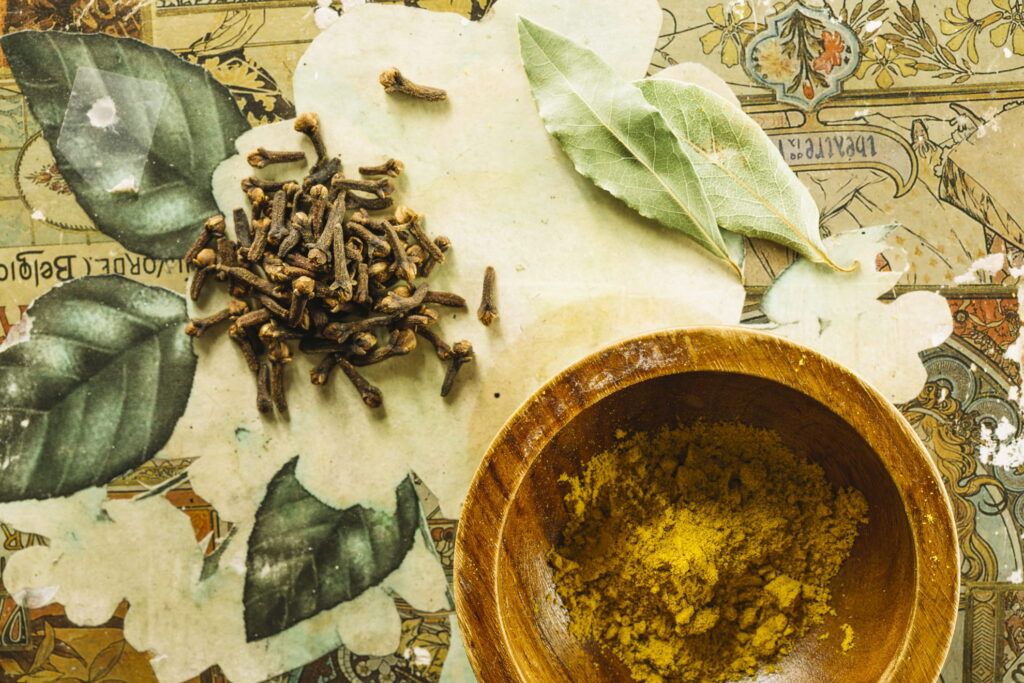Ginseng is a perennial plant renowned for its potent medicinal properties. It thrives in cooler climates and is often cultivated in regions like Korea, China, and parts of North America. Ginseng’s roots, which are often forked and human-like in appearance, have been revered for centuries as a symbol of vitality and health. But this plant holds much more than its peculiar shape and ancient mystique. Let’s explore the secrets of ginseng together.
Seasons Suitable for Ginseng
Ginseng is a delicate plant that requires specific conditions to thrive. It grows best in shaded areas with rich, well-draining soil. This plant prefers cooler temperatures and takes several years to mature, often between four to six years before the roots are harvested. Though it demands patience, the effort is worthwhile for those seeking its health-boosting properties.
Healthy or Not So Much?
Ginseng is celebrated for its numerous potential health benefits. While not all claims are backed by conclusive scientific evidence, many studies suggest that ginseng may improve energy levels, reduce inflammation, and support immune function. It’s also used in managing stress and improving mental clarity. However, like many natural remedies, overuse or improper consumption can lead to side effects, such as headaches or digestive upset. Moderation and expert guidance are key.
Energy Booster
One of ginseng’s most praised benefits is its ability to combat fatigue and improve physical performance. Whether brewed as a tea or taken in capsule form, ginseng is popular among athletes and individuals with demanding lifestyles. Its adaptogenic properties help the body resist stress and restore energy balance.
Skin Benefits
Ginseng is also a rising star in skincare. Rich in antioxidants, it is commonly included in beauty products for its anti-aging effects. Ginseng root extract helps to rejuvenate the skin, reduce wrinkles, and promote a radiant complexion. Applying it as a mask or serum can give your skin a natural glow while keeping it free from harsh chemicals.
Culinary Use
Beyond its health benefits, ginseng is also used in the culinary world. Ginseng-infused teas, soups, and even candies are popular in many cultures. In Korean cuisine, “Samgyetang,” a ginseng chicken soup, is a hearty dish often enjoyed for its rejuvenating properties. Its slightly earthy flavor adds a unique twist to dishes, making it a versatile ingredient in the kitchen.
Nature has gifted us plants like ginseng to promote health and well-being. Incorporating it into your daily routine—whether for its energy-boosting properties or its culinary uses—can be a step toward a more natural, balanced lifestyle. Truly, “Nature knows best!”

